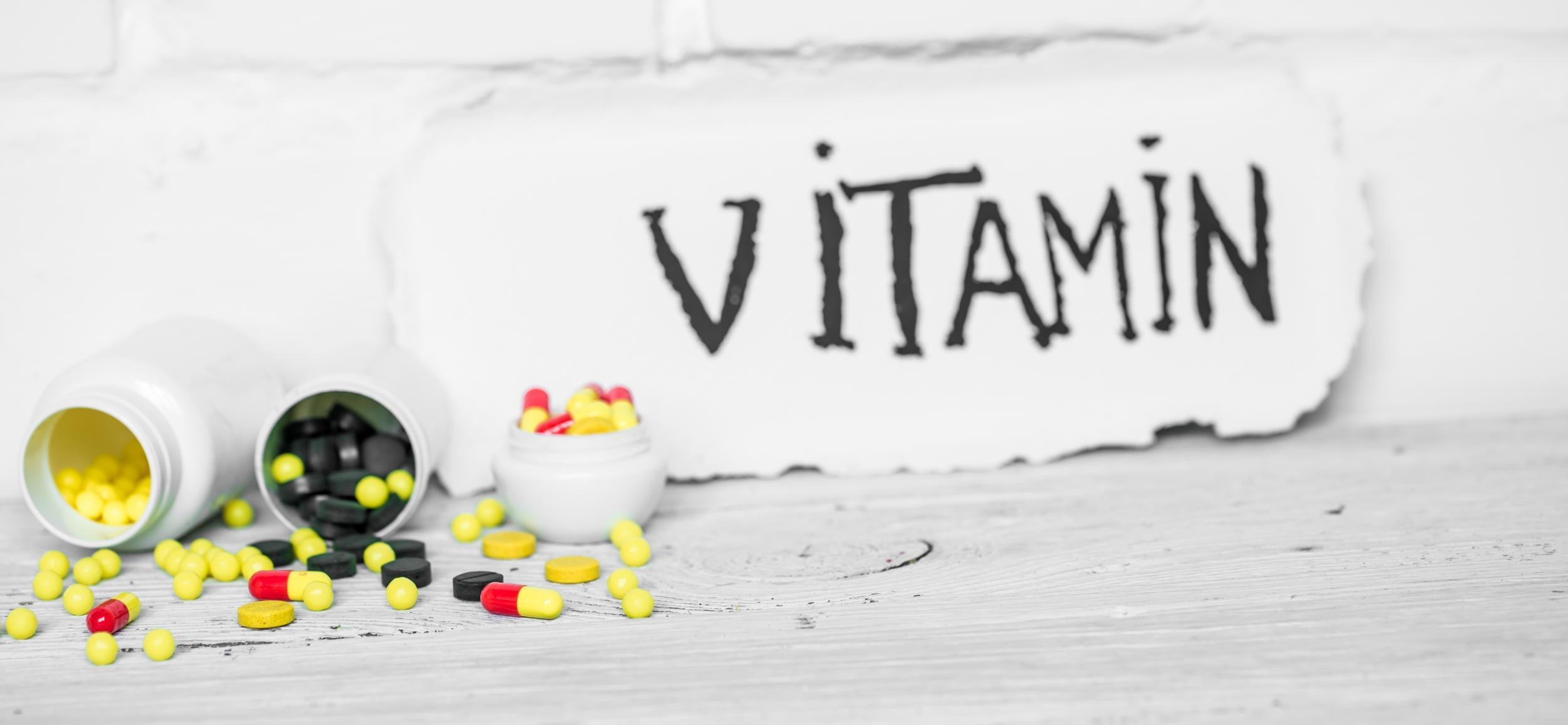The Independent's journalism is supported by our readers. When you purchase through links on our site, we may earn commission.
We should never have told people to start taking vitamins
It seems like simple, obvious advice: Eat your vegetables, get some exercise, and, of course, take your vitamins.

Your support helps us to tell the story
From reproductive rights to climate change to Big Tech, The Independent is on the ground when the story is developing. Whether it's investigating the financials of Elon Musk's pro-Trump PAC or producing our latest documentary, 'The A Word', which shines a light on the American women fighting for reproductive rights, we know how important it is to parse out the facts from the messaging.
At such a critical moment in US history, we need reporters on the ground. Your donation allows us to keep sending journalists to speak to both sides of the story.
The Independent is trusted by Americans across the entire political spectrum. And unlike many other quality news outlets, we choose not to lock Americans out of our reporting and analysis with paywalls. We believe quality journalism should be available to everyone, paid for by those who can afford it.
Your support makes all the difference.It seems like simple, obvious advice: Eat your vegetables, get some exercise, and, of course, take your vitamins.
Or not.
Decades of research has failed to find substantial evidence that vitamins and supplements do any significant good.
Nevertheless, several shiny new pills and powders have materialised in recent years that promise to deliver health and wellness in ways no other vitamin has before.
One of them, called Ritual, arrives at your doorstep in a bright white and highlighter-yellow box. Inside, you'll find a 1-month supply of pills. These aren't your grandma's vitamins. Each pill is a clear, glass-like capsule filled with a handful of tiny white beads that float suspended in oil.
Despite the fact that each pill is practically a work of art, Ritual's pills don't differ much from your standard vitamin. They contain less of some traditional vitamin ingredients that decades of research have shown we don't need, but have similar amounts of magnesium, Vitamin K, folate, Vitamin B12, iron, boron, Vitamin E, and Vitamin D as a standard Alive-brand vitamin.
Another one of these newly-designed vitamins is Care/of, whose personalised daily vitamin packets come in a box that looks like a tea-bag dispenser with the words "Hi [your name]," printed on the top right corner. Again, the ingredients don't differ drastically from those in conventional vitamins.

No matter how colourful their packaging or personal their messaging, all of these vitamin formulations fall prey to the exact same problem: We simply do not need vitamins to be healthy. Instead, we should be getting the nutrients that vitamin-makers peddle from the foods we eat.
"We use vitamins as insurance policies against whatever else we might (or might not) be eating, as if by atoning for our other nutritional sins, vitamins can save us from ourselves," writes science reporter Catherine Price in the book "Vitamania."
Here's the thing: They can't.
Ask virtually any registered dietitian, doctor, public health expert, or physician why, and she will likely reiterate some version of the advice health professionals have been giving for decades. We need to eat real food. Fruits and veggies. In moderation. We should stay away from processed foods and sugary beverages when we can. Or, in the words of the well-known journalist and food writer Michael Pollan, we should "Eat food. Not too much. Mostly plants."
There's another reason to stay away from most pills and powders: Some can be harmful. Several supplements have been linked with an increase in certain cancers, for example, while others have been associated with a risk of kidney stones.
In her book, Price suggests that this knowledge about vitamins might help us "rediscover something both surprising and empowering: that, while nutrition itself is amazingly complex, the healthiest, most scientific, and most pleasurable way to eat is not that complicated at all."
• How to make your marriage last
• Men reveal the biggest changes they made to be better at dating
• 11 things people think are terrible for your diet that actually aren't
Read the original article on Business Insider UK. © 2016. Follow Business Insider UK on Twitter.
Join our commenting forum
Join thought-provoking conversations, follow other Independent readers and see their replies
Comments